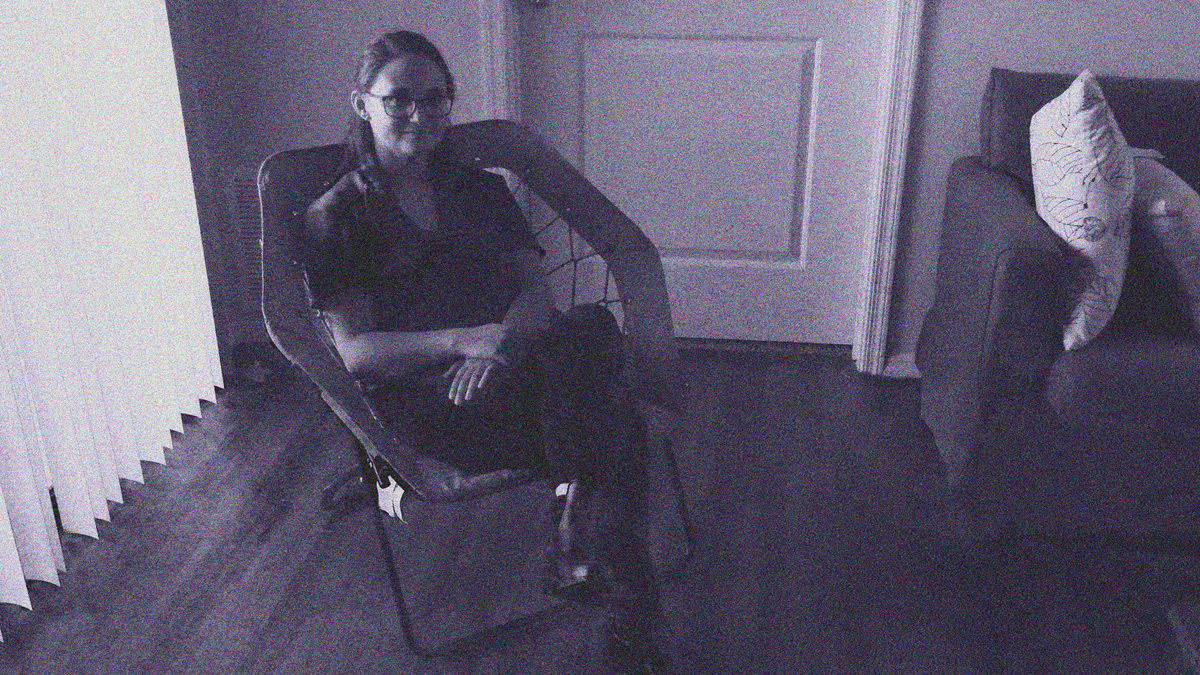Citing Funding Risks, Clinics Cancel Gender-Affirming Treatment for Adults
One adult patient of Planned Parenthood Arizona was told by phone Friday night that the treatment she receives for gender-affirming care was "paused."
Hear their voice: Helen Waltz (they/them), Flagstaff, Ariz.

Helen Waltz's introduction to sex education began in the 4th and 5th grades during summer programs facilitated by the Unitarian Universalist Church, a community their family was part of at the time in northern Arizona.
"The church offered a program called Our Whole Lives, or OWL for short, which provided a comprehensive curriculum during the summer," Waltz explained. This early exposure laid a foundation that would later prove to be more thorough than what their school offered.
In contrast to their early and detailed education through OWL, Waltz’s experience with sex education in their public school was limited, saying there only one class offered their junior year.
“But I opted out because I had already gone through a more comprehensive program," they said.
This decision was also influenced by the perception that the school’s curriculum lacked depth, focusing primarily on basic information that their peers often found redundant: "it became more of a joke class than anything.”
While the OWL program provided Waltz with a structured understanding of consent and healthy relationships, the gaps were filled in by conversations with peers.
"I had a friend who shared her relationship experiences, which helped me understand what felt right or wrong," they recalled.
Despite the benefits of the OWL program, Waltz identifies areas for improvement, particularly regarding gender identity.
"We learned that trans people exist, but I didn't fully understand what that felt like until college," said Waltz, who is nonbinary.
Waltz emphasizes the need for a more in-depth exploration of gender identities beyond basic recognition, supporting education that helps individuals relate to and understand these experiences on a personal level.
Waltz's advice for students receiving little to no sex education in school is pragmatic: "The internet can be very helpful if you find credible sources," they said, and stressed the value of online forums where professionals weigh in and can share insights. However, they caution that the internet, also, is where misinformation spreads about sex.
"Even with comprehensive sex ed, there’s still a cultural barrier where sex is something we don't talk about openly," they said, adding that there needed to be a cultural shift in Arizona toward normalizing these conversations, which could foster a healthier and more accepting environment for everyone.

LOOKOUT Publications (EIN: 92-3129757) is a federally recognized nonprofit news outlet.
All mailed inquiries can be sent to 221 E. Indianola Ave, Phoenix, AZ 85012.